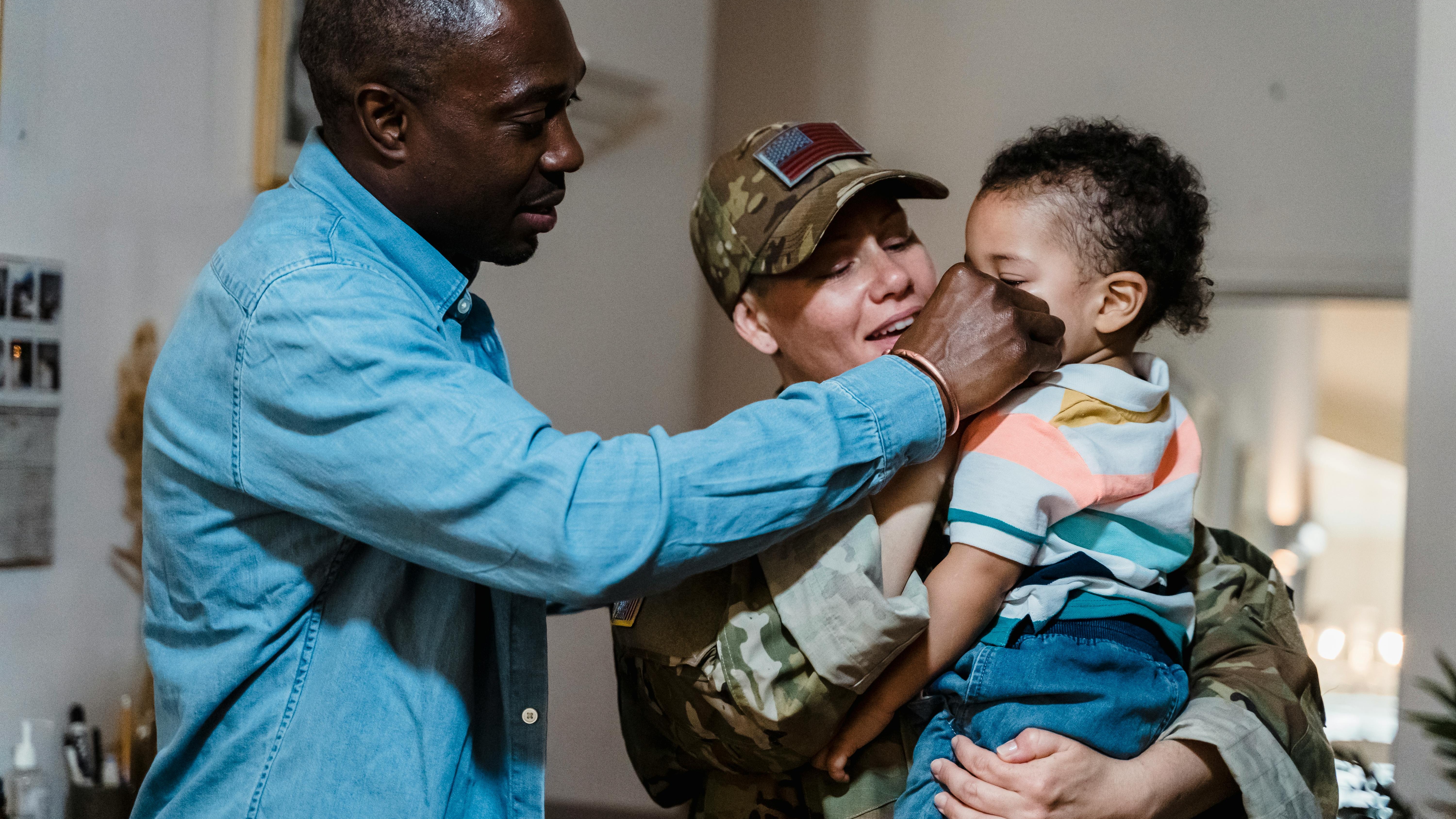
Embodying Values Beyond the Uniform
For active duty service members and veterans, the transition from wearing the uniform to civilian life can often pose questions about identity and representation. Noah Jager's reflections on his experience studying at King’s College London highlight an essential truth: our military values extend far beyond the uniform itself. Every interaction, whether in the classroom or at work, remains informed by the principles of respect, integrity, and commitment that shape military culture.
Deliberate Action and Personal Responsibility
Transitioning into a new routine outside the military emphasizes the importance of time management and personal discipline. Jager's approach to planning backward serves as a reminder for service members embarking on similar paths; setting clear goals and maintaining a structured schedule can keep distractions at bay and promote productivity. Establishing a daily routine can help veterans face the challenges of civilian life while continuing to embody the strong work ethic learned in service.
Understanding Global Perspectives
In an increasingly interconnected world, the ability to engage constructively with individuals from diverse cultures becomes paramount. Jager's experience navigating heated discussions amidst classmates from various countries illustrates how military training provides a framework for dialogue and understanding. Respecting others' backgrounds fosters communication and deepens professional relationships, critically supporting military veterans returning to civilian workplaces or academic settings.
Maintaining Professional Standards
Beyond physical appearance, professionalism in civilian life relies on showing up prepared and participating actively. As veterans step into new roles, they must continue to honor the duty associated with their past service. Active engagement and a focused attitude signify reliability and respect for peers, which can help bridge the perceived divide between military and civilian life.
Lessons in Leadership for All
Veterans returning to corporate environments often find themselves in positions where their military leadership experience is invaluable. The lessons learned about decision-making under pressure, prioritizing team success, and maintaining ethical standards can enhance organizational culture and drive success. Integrating military values into corporate environments not only promotes effective leadership but also enriches business practices.
Inviting Fresh Perspectives on Command
Many leaders in the corporate sector have recognized the unique strengths that military leaders bring to civilian roles. These strengths include specialized training in high-stakes situations and the capacity for strategic thinking. Engaging military veterans in leadership positions can offer innovative solutions that promote resilience and adaptability within organizations.
Stay in Touch with Military Values
Reflecting on Jager's insights prompts the need for veterans to stay connected with their roots. Continued association with military organizations and mentoring opportunities can serve as a grounding force for personal and professional development. Preserving connections to fellow veterans fosters community and enriches collective experience, and as veterans share their stories and insights with one another, they ignite the values of courage and resiliency that can inspire future generations.
 Add Row
Add Row  Add
Add 




Write A Comment